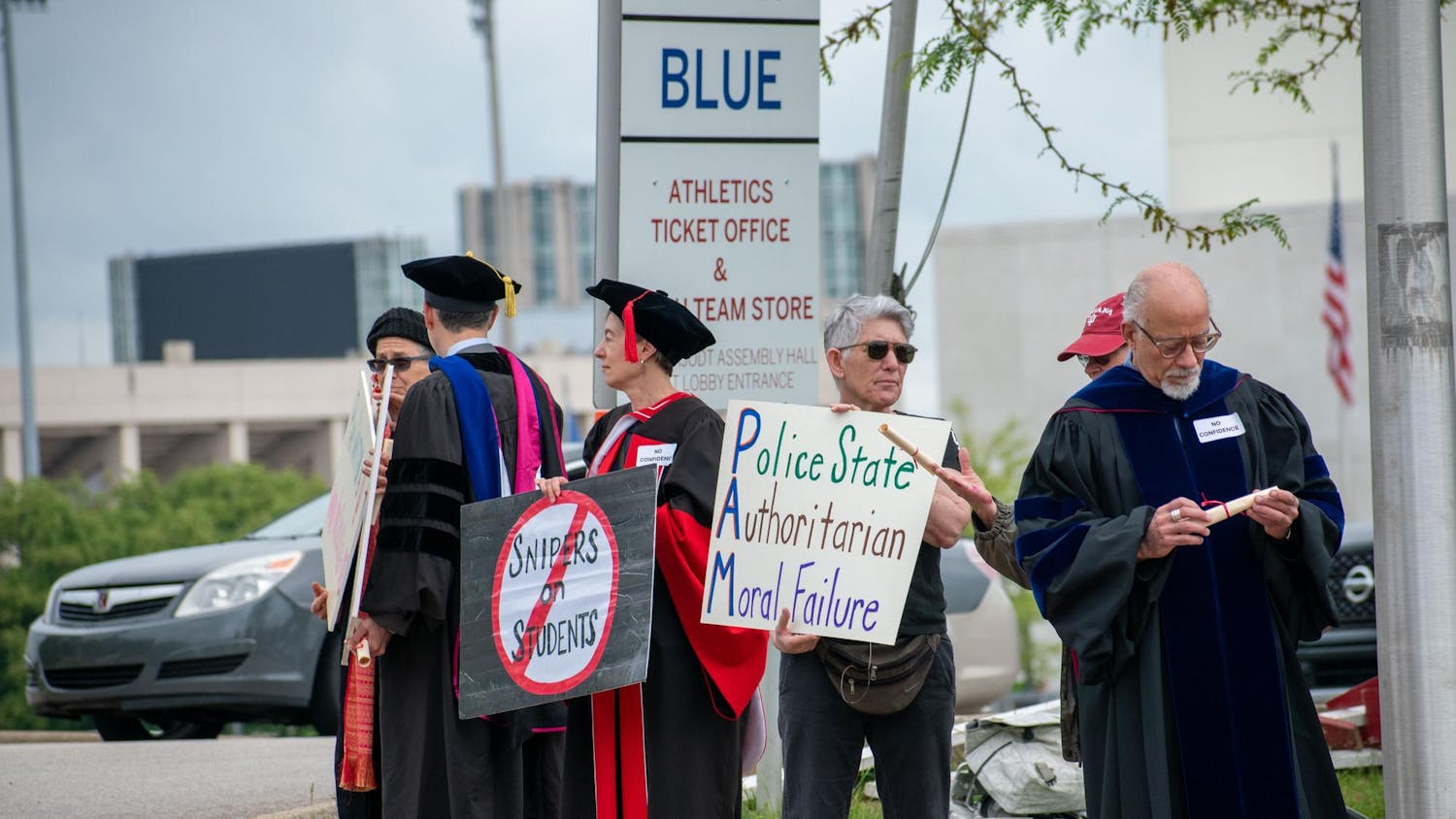In 2014, normal civilians will be able to take trips into space due to changes in the U.S. National Space Policy and changes in NASA’s research goals.
According to a report from Reuters, commercial space travel is expected to become a billion-dollar industry by the end of the decade.
Brian Tanner, owner of Spaceport Indiana, a launch site and research center based in Columbus, Ind., plans to be a part of this industry, which he said is not new.
“I think a lot of the problem we have in the commercial space industry is we haven’t done a remarkably good job of marketing the fact that these things are going on,” Tanner said. “People still see them as us talking about, ‘Well in the future, someday we’ll have this opportunity.’ That’s not the case.”
This travel will happen independently through various businesses around the nation and from different spaceports, such as Spaceport Indiana.
NASA recently lost much of its funding due to budget cuts by the federal government. NASA is now making the shift from expensive launches for everyone — scientists, universities, etc. — to more specific goals.
“In laymen’s terms, NASA’s going to get out of the repetitive launch business,” Tanner said. “They’re going to basically do astrobiology, deep-space and interplanetary research, putting Hubble telescopes up, those kind of things. In our case, we’re taking over the responsibilities of all the other research projects.”
This includes high-altitude balloon launches and experiments involving near-space phenomenon at Spaceport Indiana specifically.
Spaceport Indiana is part of an international group of spaceports that operate independently from NASA. While some spaceports in the United States are funded by tax dollars or collaboration between the government and industries, Spaceport Indiana is one of two spaceports in the nation that is completely privately owned.
Tanner explained the spaceports and new space travel industry as similar to the interstate system when it began.
“If you go back and think about Eisenhower and the interstate system that he created in the ‘50s, what you see from that is the spaceports become the off-ramps for what I call the interspace system that gets you from one place to another,” Tanner said.
He said like off-ramp areas on the interstate, the spaceports could become an economic hub for the area. He said he thinks this is possible for Columbus in the next decade.
“Anywhere there’s an on-and-off ramp or a spaceport, it becomes an economic development, a workforce development,” Tanner said. “Just like when you get off the off-ramp on a highway, you see the gas station and the hotel and the restaurant, you find the same kind of supporting services at spaceports.”
Tanner said Spaceport Indiana currently only operates unmanned flights. These are paid for by businesses, universities and a variety of other customers.
But Tanner said Spaceport Indiana is working on its infrastructure so that, in 2014, it will be ready to receive and launch manned civilian flights.
He said different businesses around the country are already booking these flights.
“Vehicles have already been built,” Tanner said. “In fact, some of these companies have already sold as many as 500 or 600 tickets for $200,000 apiece to basically go take a ride in space for 90 minutes.”
Tanner said these flights will definitely occur, and space travel is not a thing of the distant future.
“It’s not just feasible. It’s a fact,” Tanner said. “It’s going to be happening in 2014.”
Civilians may travel to space as soon as 2014
Get stories like this in your inbox
Subscribe





